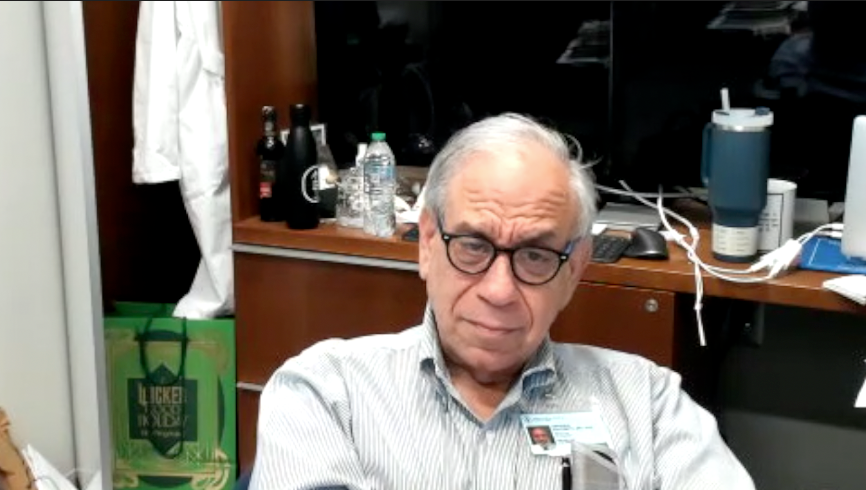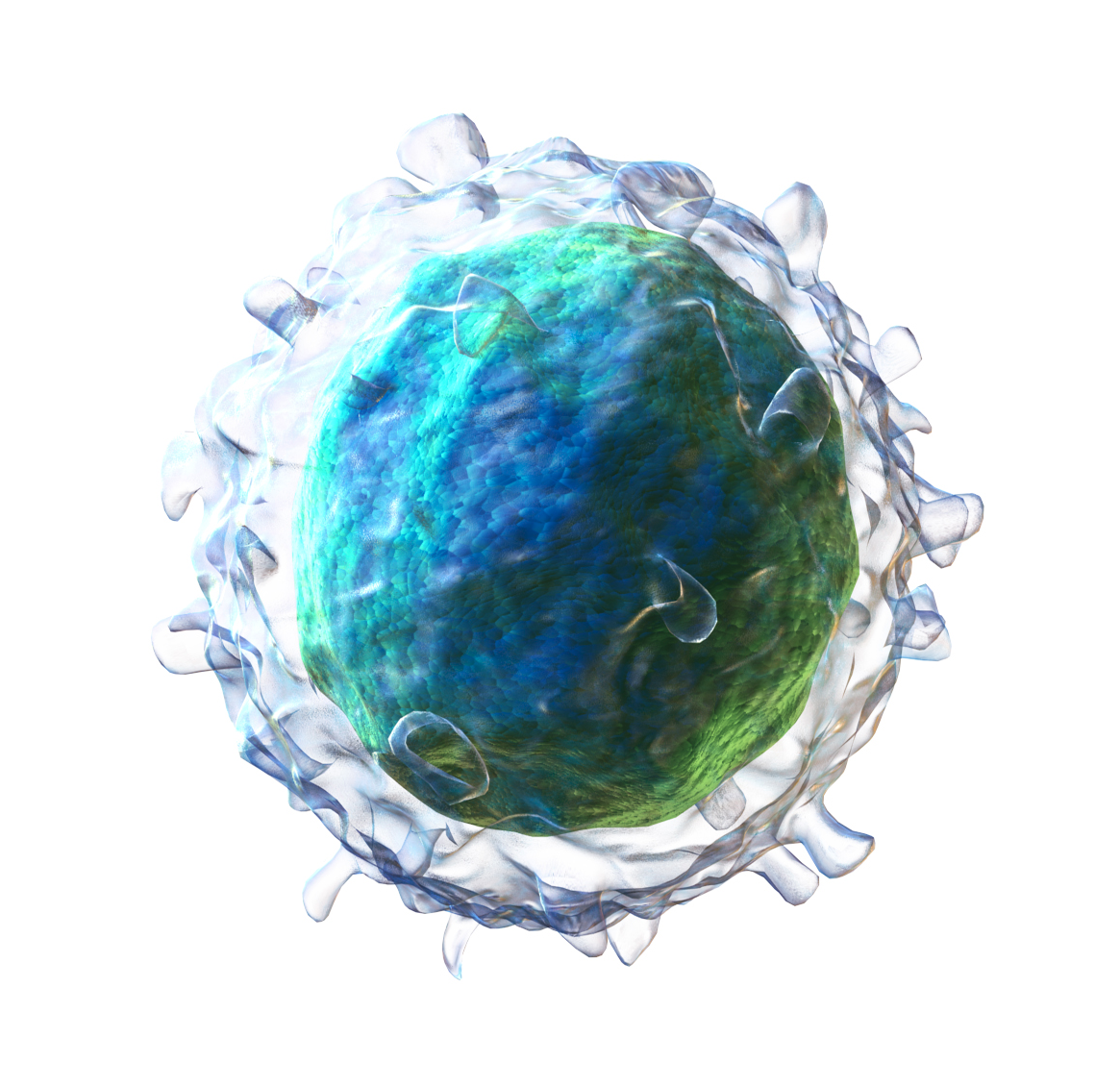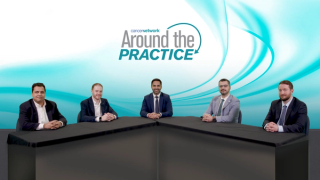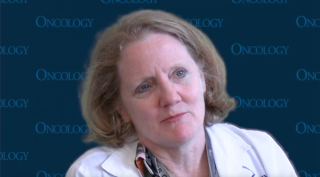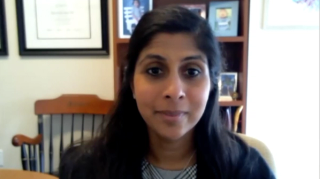
Lymphoma
Latest News
Latest Videos

CME Content
More News

In a multicenter retrospective study authors examined the impact of prior inotuzumab ozogamicin exposure on the outcomes of brexu-cel therapy in adults with R/R B-cell ALL.
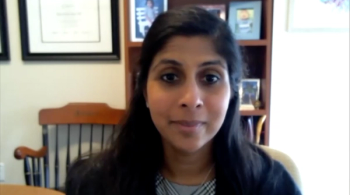
Increasing the use of patient-reported outcomes may ensure that practitioners can fully ascertain the impact of treatment for rare lymphomas.

Diagnostic developments using aberrances in biomarker testing may help enhance survival in patients with rare lymphoma subtypes.

At the indication of the FDA and EMA, the phase 3 FLASH2 trial will further evaluate synthetic hypericin in early-stage cutaneous T-cell lymphoma.

Results from the phase 3 ECHO trial showed PFS and OS improvements with acalabrutinib in the first-line treatment of MCL compared with standard of care.

Azer-cel elicited strong and durable responses in patients with heavily pretreated relapsed/refractory DLBCL in a phase 1b trial.
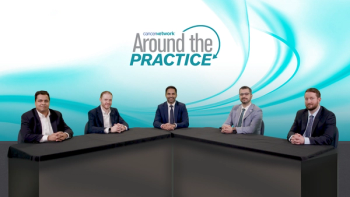
Panelists discuss key factors in chimeric antigen receptor T-cell (CAR T) sequencing for relapsed diffuse large B-cell lymphoma, including manufacturing success rates, production turnaround time, and real-world efficacy data. Treatment decisions weigh bridging therapy needs, patient fitness, and center-specific experience with different CAR T products and their reliability.

Panelists discuss the comparison between clinical trial results and real-world outcomes for chimeric antigen receptor T-cell (CAR T) therapies like liso-cel and axi-cel. Clinical trials have shown promising efficacy and manageable safety profiles for both therapies in treating certain blood cancers. However, real-world evidence continues to emerge through ongoing clinical use and registry data collection.

Liso-cel has been approved by the European Commission for the treatment of adult patients with follicular lymphoma who received 2 or more prior lines of systemic therapy.

Panelists discuss the efficacy and safety of chimeric antigen receptor T-cell (CAR T) therapy in relapsed/refractory diffuse large B-cell lymphoma (R/R DLBCL) and compare the data collected from the TRANSFORM and ZUMA-7 trials, including information regarding the patient control group, patient population prior response, crossovers of both trials, and vein-to-vein time.

Panelists discuss the optimal timing of chimeric antigen receptor T-cell therapy in relapsed/refractory diffuse large B-cell lymphoma (DLBCL), which requires careful evaluation of patient fitness, disease burden, prior treatment response, and logistical factors. Key considerations include performance status, comorbidities, disease aggressiveness, and the availability of bridging therapy. Treatment decisions should be individualized based on patient-specific risk factors, prior therapy outcomes, and care goals while balancing the potential benefits and risks across different lines of treatment.
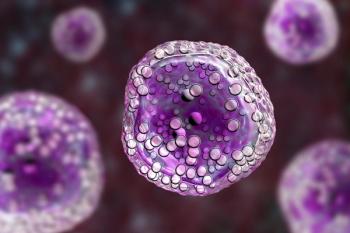
Several lymphoma experts discuss the current T-cell lymphoma landscape, the need for new therapies, and ongoing research in the space.

Panelists discuss, when evaluating chimeric antigen receptor T-cell (CAR T) therapy for patients with relapsed/refractory diffuse large B-cell lymphoma (DLBCL), how key considerations include the patient’s fitness, disease burden, prior treatment response, and timing of referral. The limitations of traditional salvage therapy, with historically poor outcomes, must be weighed against CAR T’s potential for durable remissions despite its risks and complexities.

Panelists discuss how the diffuse large B-cell lymphoma (DLBCL) treatment landscape has seen significant evolution with the integration of targeted therapies and chimeric antigen receptor T-cell treatments, supplementing traditional R-CHOP. However, early relapsed/refractory cases remain challenging due to complex tumor biology and resistance mechanisms. This underscores the need for better up-front risk stratification tools and biomarker-driven treatment selection.

AUTO4 CAR T cells plus fludarabine and cyclophosphamide was well tolerated in patients with relapsed or refractory peripheral T cell lymphoma.

Data from the phase 3 STARGLO study support the CHMP’s recommendation for approving glofitamab plus gemcitabine/oxaliplatin in relapsed/refractory DLBCL.

Support for the application comes from the efficacy data reported in the phase 1 ELM-1 and phase 2 ELM-2 trials.
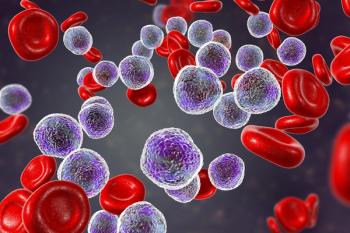
Tambiciclib plus zanubrutinib doubled the expected ORR of zanubrutinib monotherapy, eliciting an ORR of 67% in patients with relapsed or refractory DLBCL.
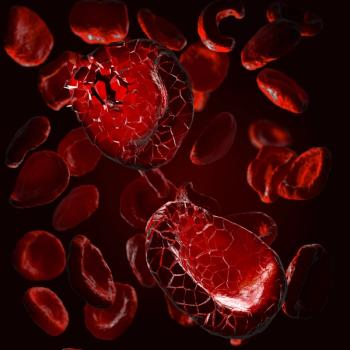
Tips from experts on how to think about and manage adverse events in patients with diffuse large B-cell lymphoma.
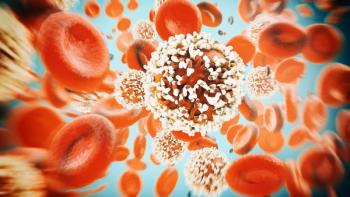
Adverse physical functions were indicative of reduced survival and increased risk of ICANS in patients with non-Hodgkin lymphoma who were previously treated with CAR T-cell therapy.
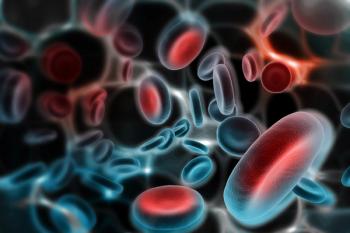
Davide Rossi, MD, spoke about the impact of the MZL workshop and his hopes for the future of treatment and medicine in MZL.

Median PFS and OS were comparable between age groups when CAR T-cell therapy was given as treatment for patients with relapsed/refractory LBCL.
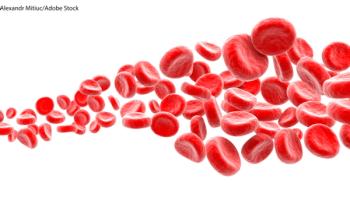
The safety profile of ibrutinib/venetoclax in the phase 3 SYMPATICO trial was consistent with the known profiles for each individual agent.

As MZL is such a rare subtype of lymphoma, it can be hard to find or begin trials geared specifically toward this population.

Clinicians outline the significance of the MZL Workshop, where a gathering of international experts in the field discussed updates in the disease state.


